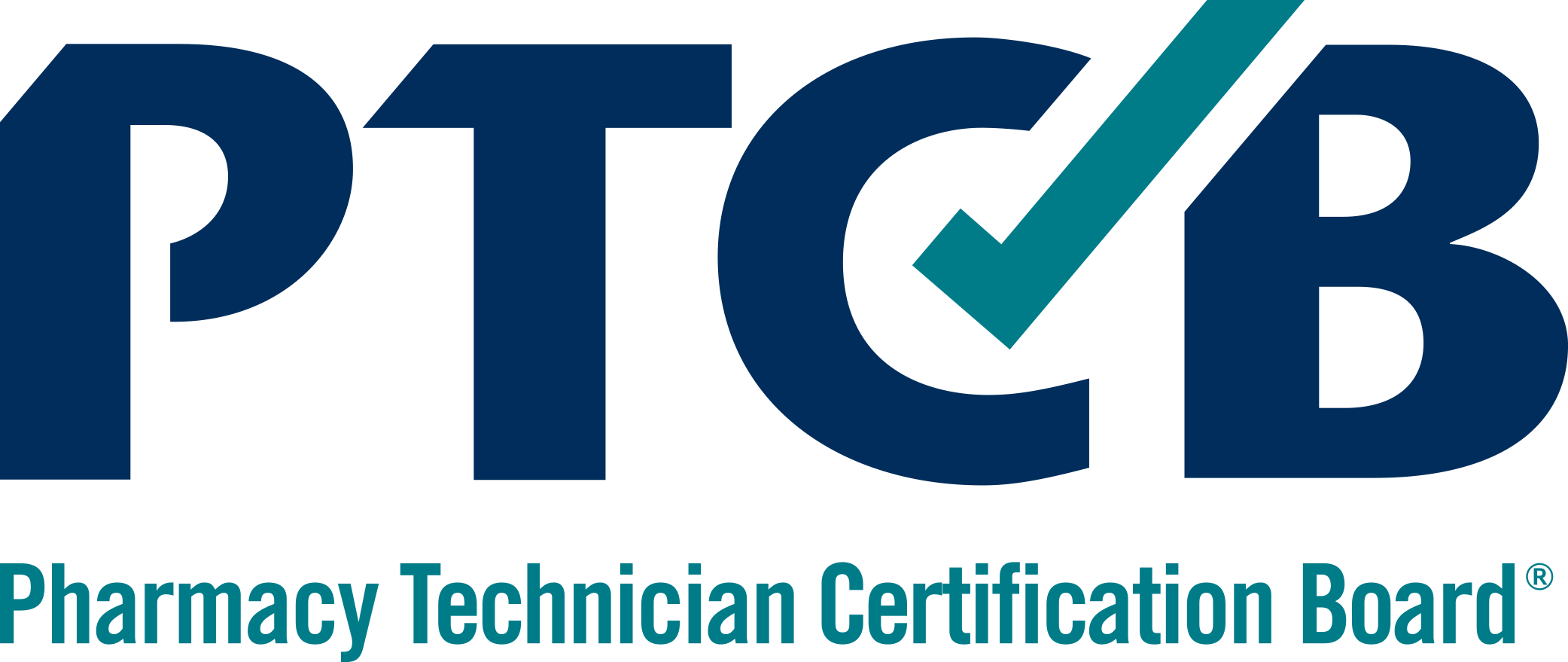November 11, 2021
From APC’s president: Show us the evidence
At a recent stakeholder meeting of the USP Compounding Expert Committee (CEC), a committee member asked an extremely perceptive and vitally important question: Do we have any evidence that the guidelines we are proposing have any benefit to patient safety?
The ensuing silence was deafening, and it spoke to something that we at APC have maintained for some time: While USP’s proposed guidelines may look good on paper, there is no real-world evidence to support their implementation.
Likewise, there is a desperate need for data about compounded preparations: their safety, their effectiveness and any adverse events caused by the compounding process.
The Pew Charitable Trust published “US Illnesses and Deaths Associated with Compounded or Repackaged Medications, 2001-2019” in March 2020. This project identified 73 reported compounding errors or potential errors associated with more than 1,562 adverse events. This represents the most comprehensive — and perhaps only — listing of adverse events caused by compounded preparations over the past 20 years.
Contamination of sterile products was the most common error; others were the result of compounder’s miscalculations and mistakes in filling prescriptions. A review of all the reported events shows that none would have been prevented by smaller batch sizes, forced-degradation stability studies, or anything else USP is currently contemplating.
The APC BUD Task Force (whose mission has now expanded to addressing all issues with USP) is already in the process of developing a strategy to file comments with USP, but we need your help.
- We need examples of specific patient populations, medications, and therapies that require BUDs longer than 60 to 90 days.
- We need data on compounding quality events to identify if root causes were related to compliance with insufficient USP standards or if root causes were related to non-compliance with current standards.
- Finally, we need to know what steps compounders would need to take to come into full compliance with proposed USP standards to determine the timeline to support a possible request to extend the implementation period to 2 years.
The USP CEC is reasonable and will listen to well-reasoned and data supported arguments. But we need your input in order to make those arguments.
Remember, no matter what your compounding practice looks like, it will be affected by the proposed changes to USP. Large, small, niche, general, human, or veterinary — your patients’ access to the compounds you provide will be adversely impacted. Help APC fight on your behalf. Send us your comments and examples now to info@a4pc.org! Don’t let silence be your answer.
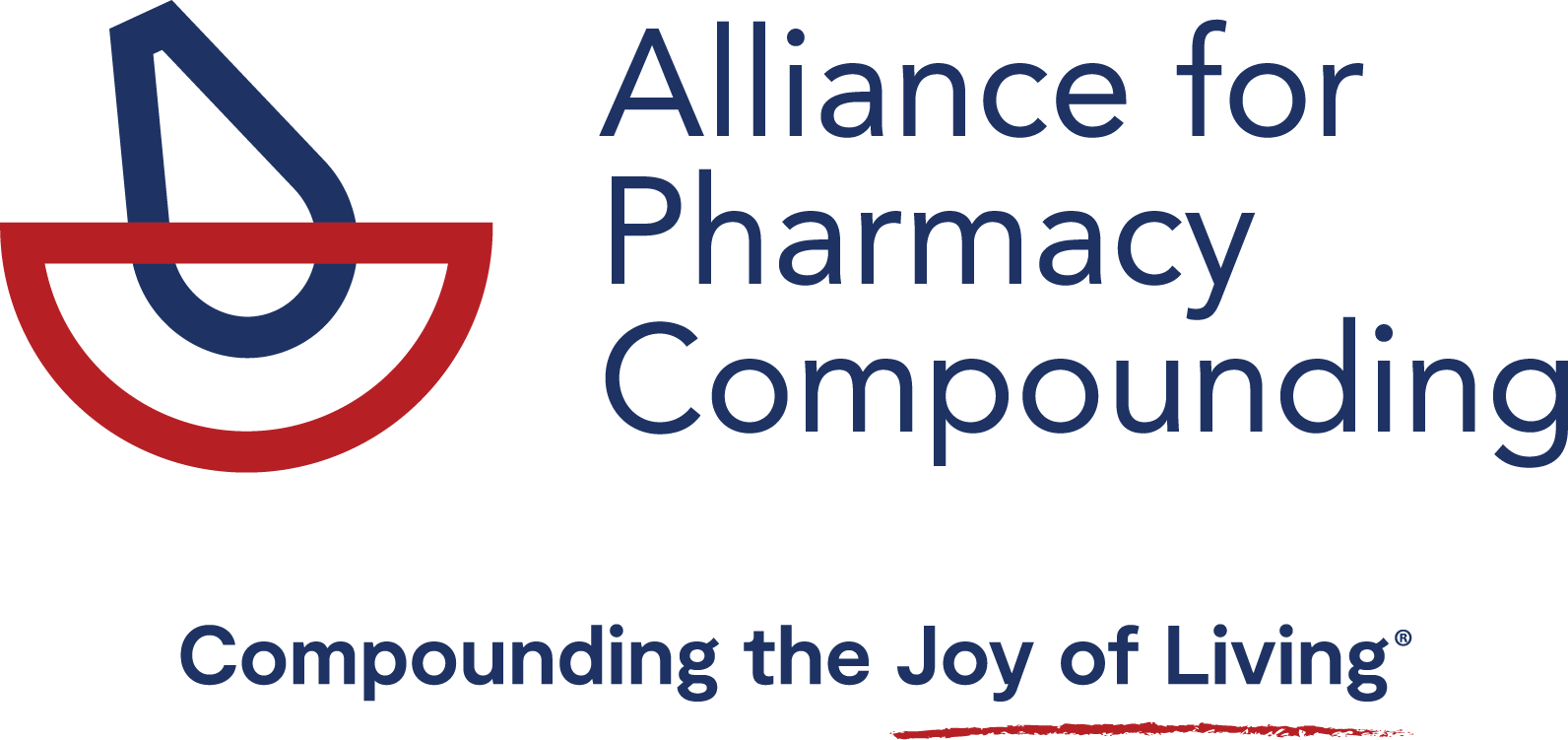



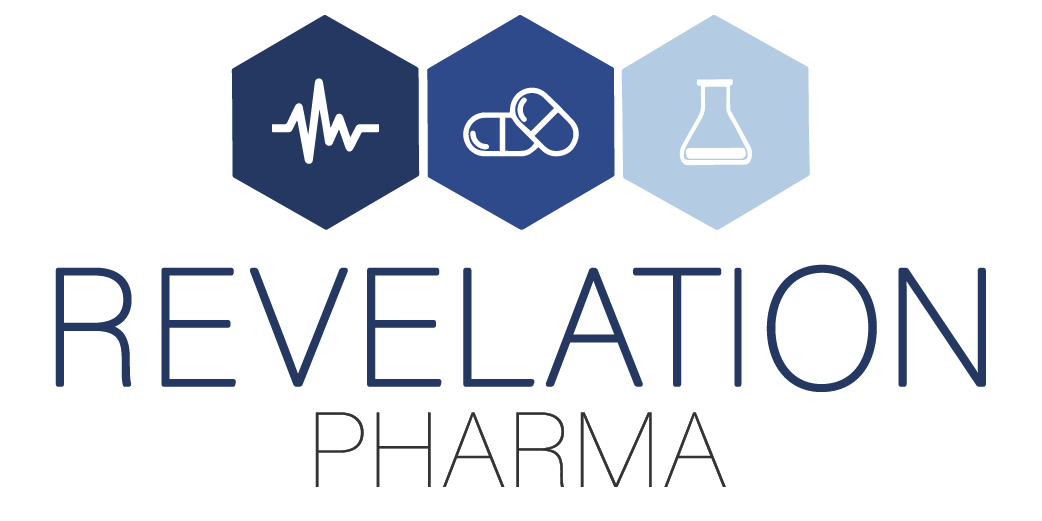
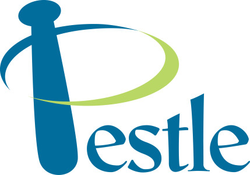

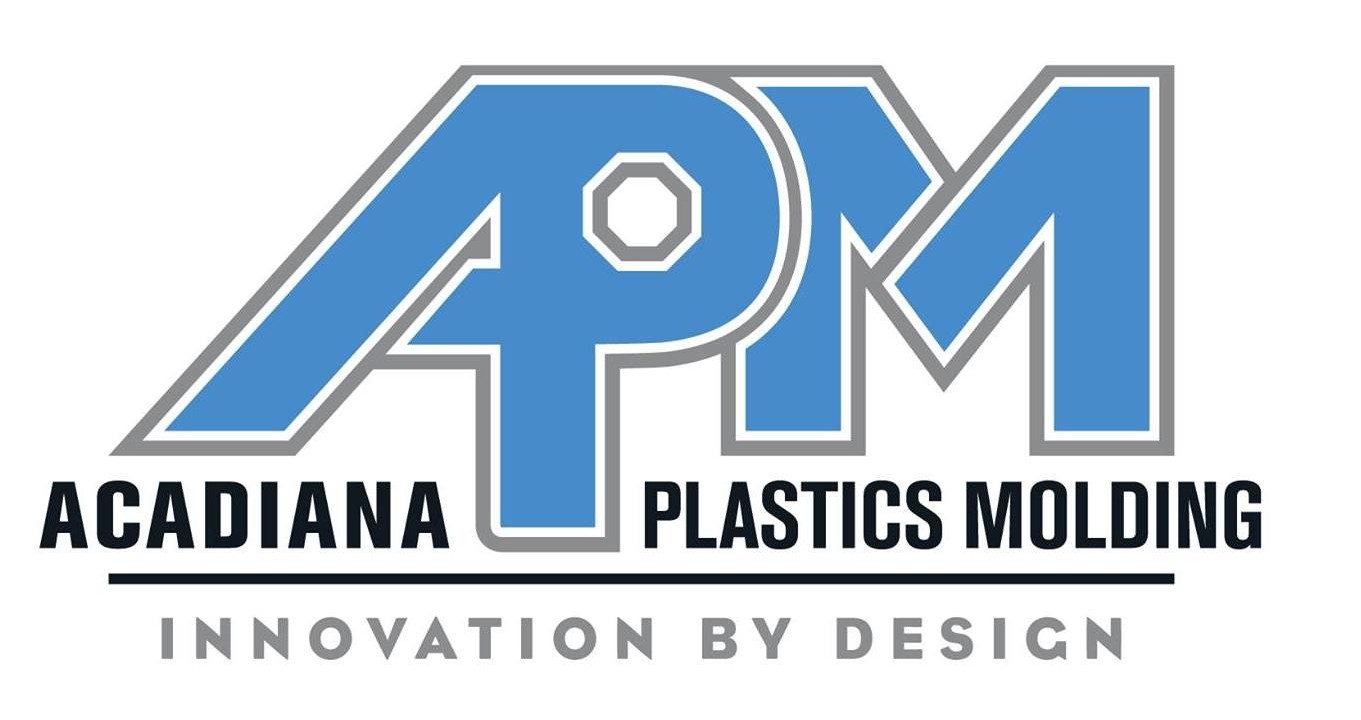










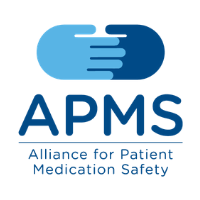





![Topi-CLICK a Division of TEAM Outlines[1]](https://a4pc.org/files/Topi-CLICK-a-Division-of-TEAM-Outlines1.png)



